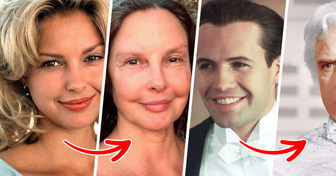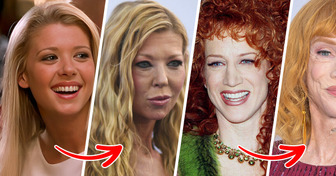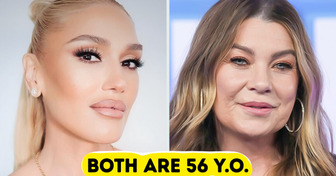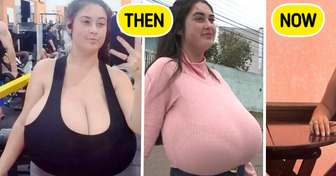20 Celebrity Outfits That Pushed the Boundaries of Fashion
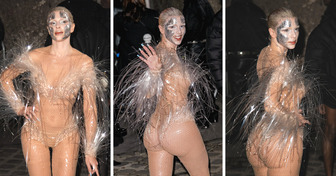
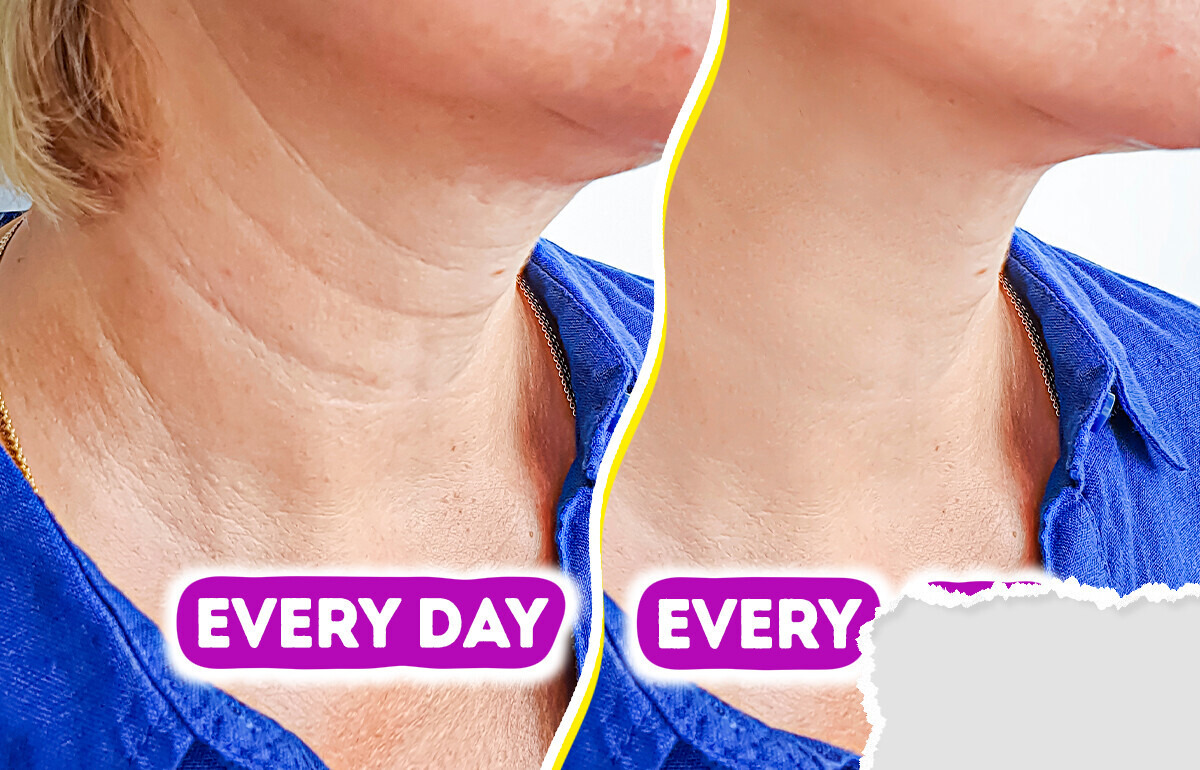
We rely on our skin to shield us from the outside world — but could we be scrubbing it too much? For years, daily showers have been seen as a basic part of good hygiene. But some experts are now questioning whether we really need them that often. One doctor took it a step further and put this idea to the test. Here’s what he discovered.
Content is provided for informational purposes only and is not intended as a substitute for medical advice. Seek guidance from your doctor regarding your health and medical conditions.
“When you walk into a pharmacy, there are shelves full of shampoos, soaps, and cleansers... But how much of that do we actually need to stay healthy? Am I just wasting time and money? Would I be better off doing less?” These were the questions Dr. James Hamblin — a doctor specializing in preventive medicine and public health — recently discussed with CNN’s Chief Medical Correspondent.
Curious to find the answers, Hamblin decided to test things on himself. He dramatically cut back on traditional showering for almost five years. In his book, Clean: The New Science of Skin, he shares what he learned and explores the long history behind our hygiene habits. “I made sure to say clearly in the book that I stopped (daily showers) five years ago — and I really did,” he said, noting that the process involved a lot of trial and error.
“During that time, I experimented with all kinds of routines and products. It wasn’t like I just didn’t shower at all for five straight years — no. But I definitely kept things extremely minimal for a long time.”
Now a lecturer at the Yale School of Public Health, Hamblin noted that personal care products often come with a “health halo.” He explained that people tend to believe these products are essential for hygiene, mainly because of medical-sounding marketing claims — even though many of them don’t offer real health benefits.
“If you really examine how these products help prevent disease — aside from removing bodily fluids that could carry illness — most of what they do is make you look, feel, and smell better,” he said.
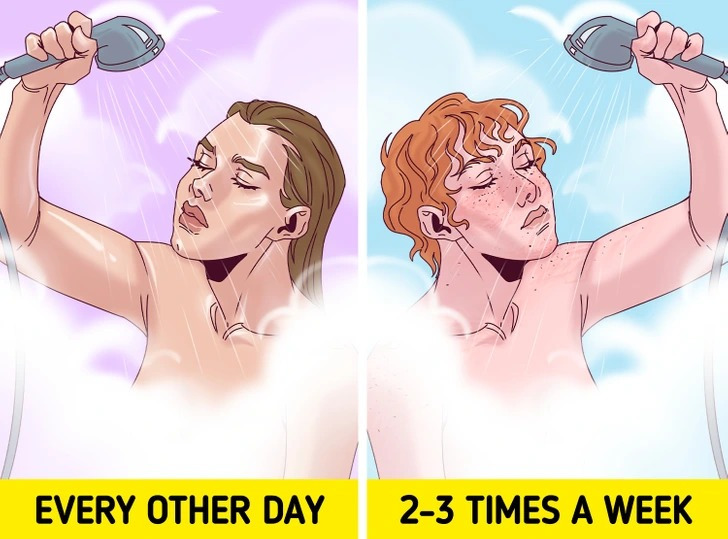
Hamblin pointed out that while soap is helpful—especially for breaking down oily or sticky substances—it’s often the physical act of scrubbing that does most of the cleaning. “Usually, it’s more the mechanical force that’s doing most of the washing,” he said, adding that simply rubbing your hands under water can remove a lot of dirt. (Of course, that doesn’t apply to situations like surgical prep or food handling, where sterility is crucial.)
Part of his motivation for writing the book came from a rising trend in health at the time. “People were suddenly getting into probiotics and focusing on gut health,” he said. “And I started thinking the same shift might be coming for skin—since we’re also covered in trillions of microbes. The skin microbiome may be smaller than the gut’s, but it works in a similar way.”
Just like our gut, our skin is home to a huge variety of microbes that help keep us healthy. This skin microbiome connects our inner body to the outside world, playing a bigger role in our health than we once thought. But when we wash too much, especially with hot water and soap, we can throw this delicate system off balance.
“There’s a natural harmony between your skin’s oils and the microbes living on it,” the doctor said. “Taking a hot shower and using soap can throw that balance off—not just by removing the microbes, but also by stripping away the oils they depend on.”
He added that this isn’t always harmful, but it does change things. For people who already deal with conditions like eczema or acne, it might actually make those problems worse. He compared it to cutting down a forest—not always the best move for the land.
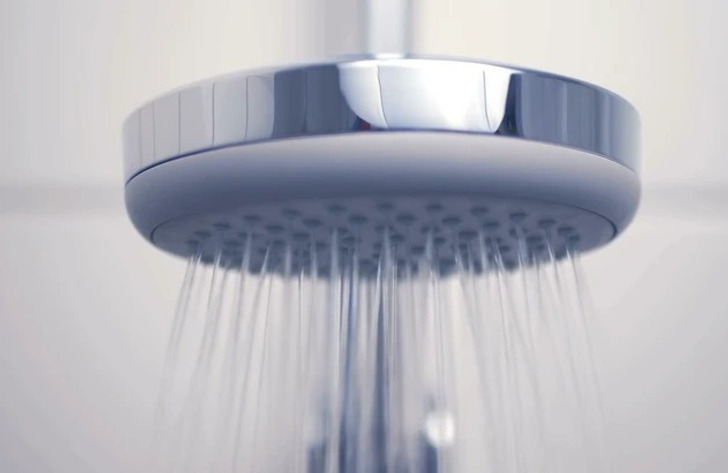
Dr. Hamblin pointed out that hygiene and cleanliness aren’t the same thing. Hygiene is about stopping the spread of germs and infectious diseases — like washing your hands after using the bathroom or not sneezing into your hand before shaking someone else’s. It’s about protecting yourself and others from getting sick.
Cleanliness, on the other hand, is more about how you feel. It’s a personal, even ritualistic practice — about feeling fresh, renewed, and like your best self. And while it’s not just about appearance, it does carry a strong psychological component. According to Hamblin, showering from head to toe every single day isn’t a medical necessity — it’s more of a cosmetic or lifestyle choice than something crucial for health.
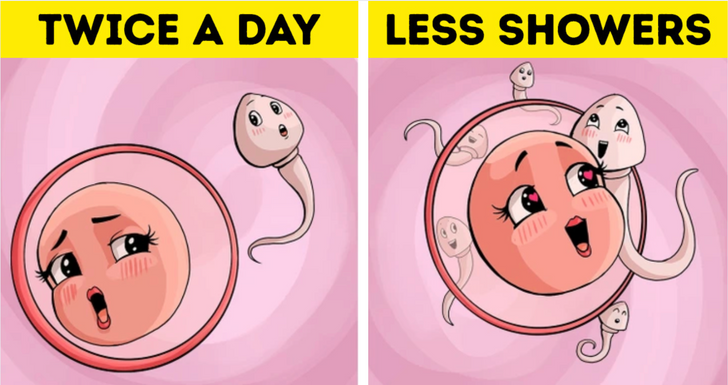
Changes in your energy, skin, or even how thirsty you feel could all be quiet signs of unstable blood sugar levels.

